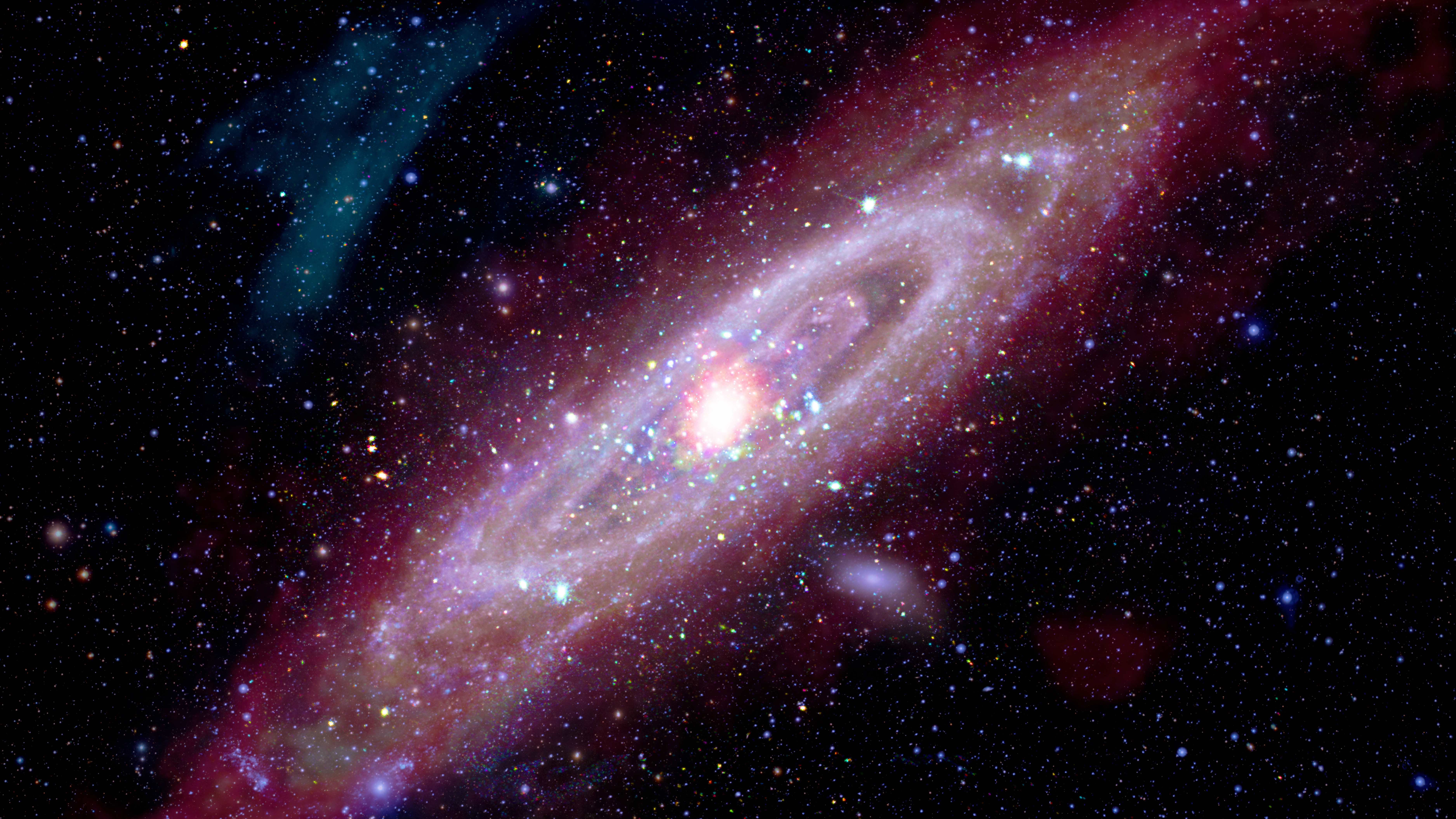Scientific research is the lifeblood of our economy. Now, a wrecking ball has come.
DOGE cuts to NOAA Fisheries aren't making anything more efficient — they're stripping the ability of fishers to adapt their businesses to changing conditions. Similar impacts are being felt across different disciplines, and the U.S. science community must choose whether to look inward, hoping for better days, or to fight back.

The first 10 weeks of the Trump administration have sent shock waves through the science community. Many expected the second Trump administration to follow the pattern of the first. But I certainly didn't expect a broad-scale assault on the U.S. science enterprise itself.
Elon Musk emerged as Trump's leader of the Department of Government Efficiency (DOGE). There seems to be no strategy behind the department's decisions. As the U.S. comptroller general stated, "There needs to be changes, but it needs to be done in a more systematic, thoughtful way…" Without careful planning, "you can introduce more risk."
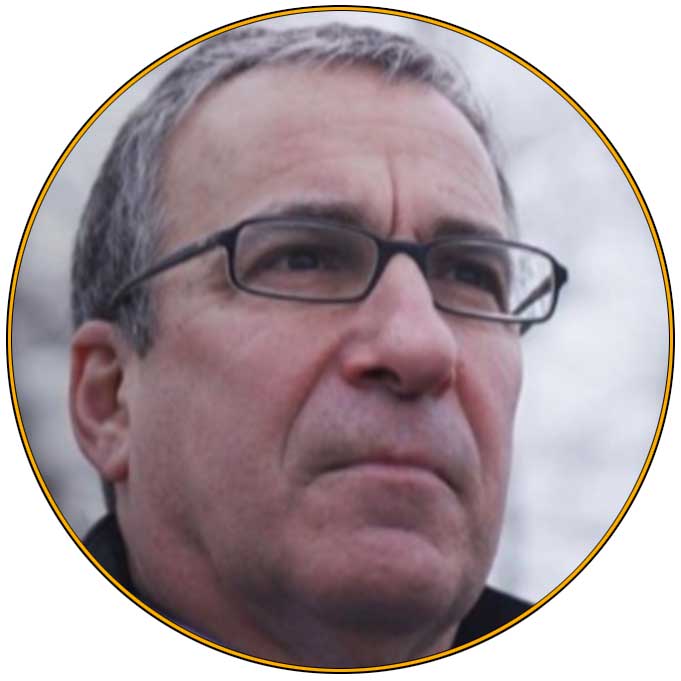
There is no sign of systematic analysis led by Musk; no stated goals other than reducing the federal workforce, for minimal budget savings.
Recently, many federal scientists lost their jobs despite years of training and experience — all without notice or cause. Early career scientists were especially hard hit. The stories are heartbreaking. I fail to see how money will be saved or efficiency gained: Not doing the science doesn't lead to efficiency.
One area where this wanton cutting could have dramatic impacts is in my own field of research. I have worked in fisheries and marine science for many years, including with the National Oceanic and Atmospheric Administration (NOAA) National Marine Fisheries Service (NOAA Fisheries), which operates six science centers to inform policymaking for marine resources. Over the last two and half decades, this research led to policy decisions that reversed huge losses due to overfishing.
But then the wrecking ball came.
While cuts to NOAA's National Weather Service have captured most of the attention, cuts to NOAA Fisheries were also large, with many staff lost from a workforce of 4,200.
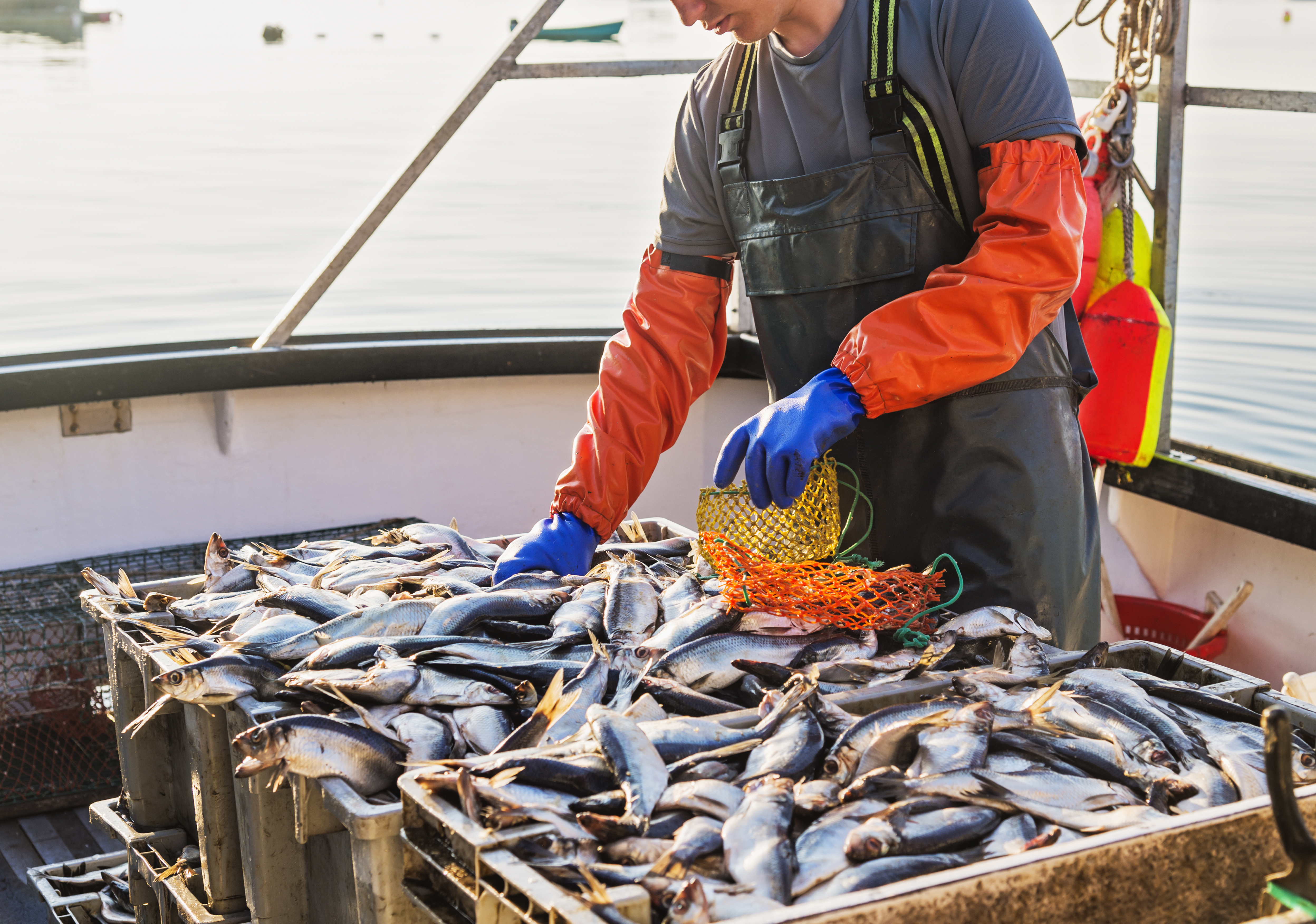
Most of the American public likely doesn't know about NOAA Fisheries, even if they are familiar with NOAA. But coastal communities are. And more than two-thirds of NOAA Fisheries' work is dedicated to basic science. As you deplete science capabilities such that we no longer understand the responses of the marine ecosystems to exploitation, fisheries, fishers and coastal economies lose the very basis for sustainability.
Setting catch limits starts with science and includes understanding the demographics of commercially important species, the economics of the commercial and recreational fishing fleets, the social impacts on communities and the impacts on other aspects of the marine environment. NOAA Fisheries is emblematic of the role science plays in public policy — as well as understanding the three-quarters of the globe that is the ocean.
The wrecking ball hits well beyond the scientists who lost their jobs.
The Trump and Musk cuts to fisheries aren't just directly affecting NOAA staff and the fishery management process. Cutting grants — which is seemingly being done using searches for keywords — undercuts the ability of fishers to adapt their businesses to changing conditions and requirements. Some of those grants are to develop new gear with lower environmental impacts, such as more fuel-efficient engines and cooling systems. Others are to go beyond annual monitoring to inform managers and fishers about new challenges and emerging opportunities.
Therein is the folly of these cuts: The grants help to reduce carbon emissions, but for businesses, the grants can also help reduce operating costs. Can it really be that DOGE wants to cut efforts to make a part of our economic activity more efficient?
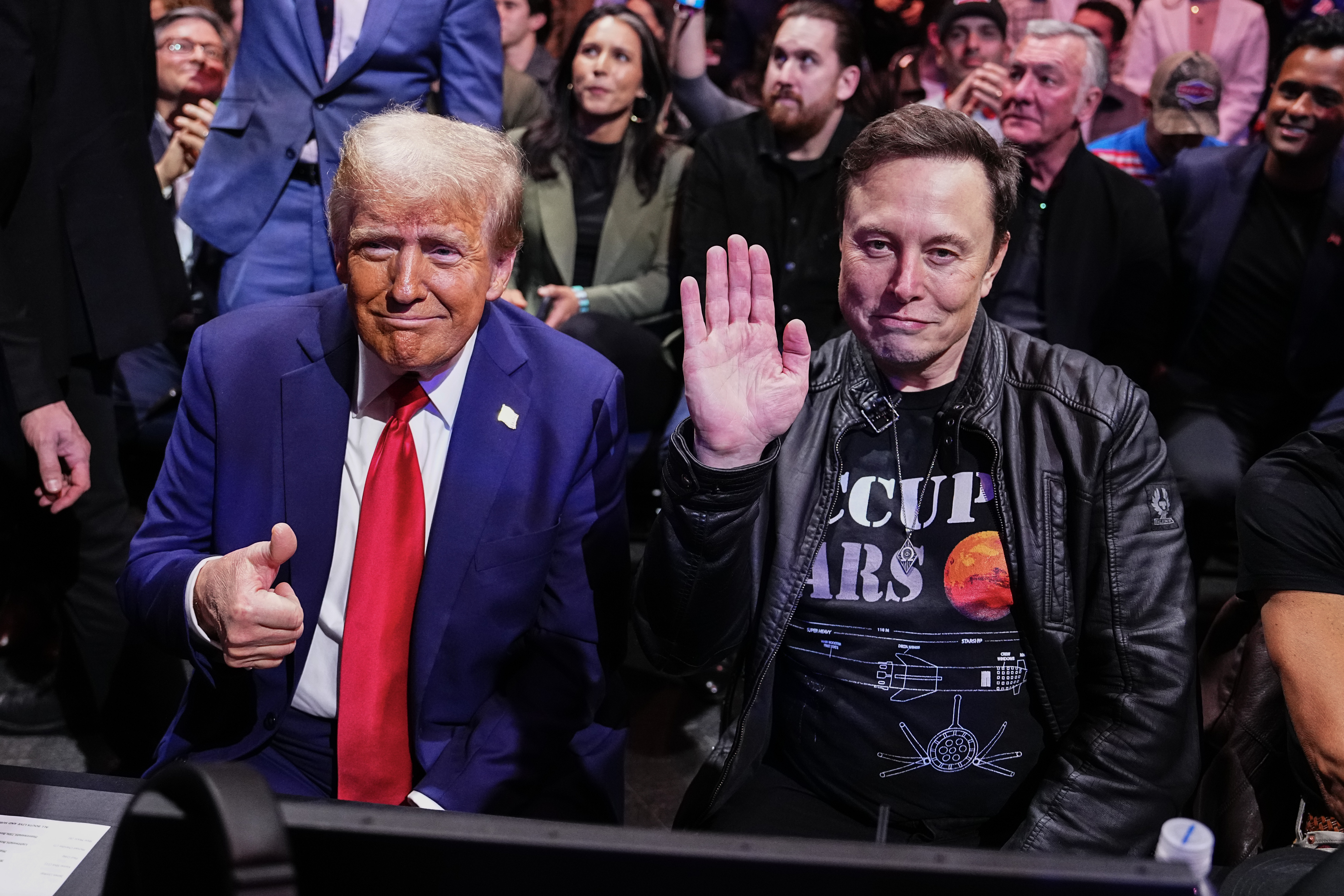
Tragically, firing staff en masse reduces the country's science capacity and ability to detect and respond to myriad risks to the public. The wrecking ball hits well beyond the scientists who lost their jobs. Canceling research and training grants across the entire science community and in every discipline has far-ranging effects. Scientific research is the lifeblood of our economy.
American science is great because it is underpinned by federal research grants to universities and research institutes. Researchers across the nation rely on government funding for basic research that is being slashed with no clear plan of what happens when it is gone. Make no mistake, private industry and philanthropy will not step in to fill the gap. That model just doesn't work.
Modern research takes real investment in facilities to do science. The one-off story of a garage miracle doesn’t make a dent in the vast reach of American science upon which our prosperity is based. It takes a lot of bricks and mortar. Musk and Trump have science facilities in their sights, canceling federal leases and changing the way the government supports the maintenance of university science capacity. "Overheads" mean keeping a lab or field station or computational resources functional for science.
The loss of grants and loans to students, meanwhile, targets the scientists of the future, not just to work in government but everywhere. These are the elements that will weaken or even shatter the U.S. science enterprise.
The U.S. science community must choose whether to look inward, hoping for better days, or to fight back. We can try to save individual programs, one by one. But a few trees don't make a forest.
We need to fight together to save the forest of science. We need to talk to the media, write op-eds, mobilize students and colleagues. Protest in the streets. Battle in the courts. Use our collective and individual constituency with every member of Congress to save science — not just the trees but the forest.
Opinion on Live Science gives you insight on the most important issues in science that affect you and the world around you today, written by experts and leading scientists in their field.
Get the world’s most fascinating discoveries delivered straight to your inbox.
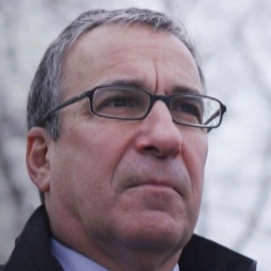
Andrew Rosenberg is a marine scientist, environmental and science policy expert. He is the co-editor of the SciLight newsletter on Substack and a Senior Fellow in the Carsey School of Public Policy at the University of New Hampshire.
You must confirm your public display name before commenting
Please logout and then login again, you will then be prompted to enter your display name.
